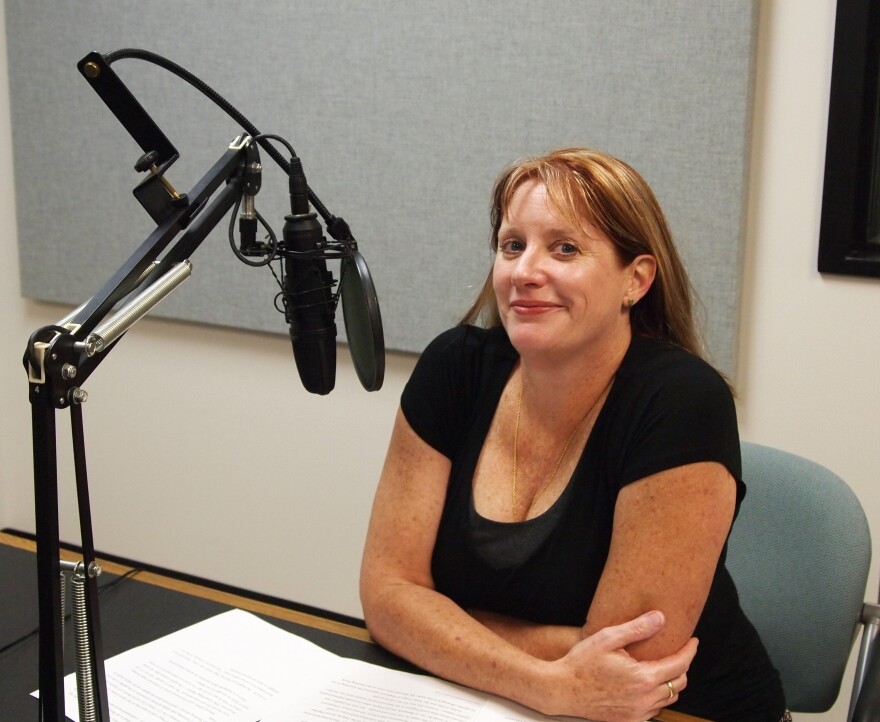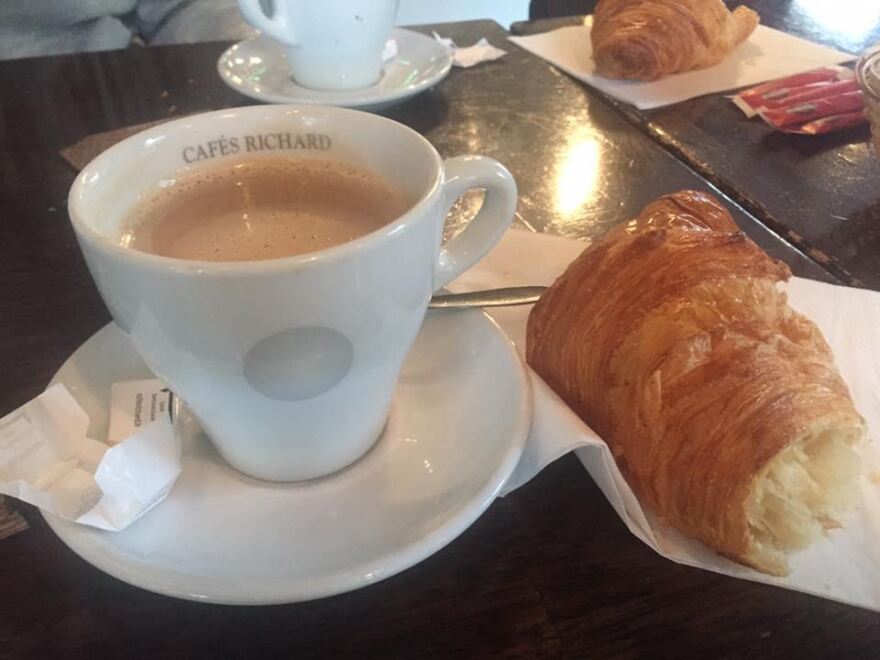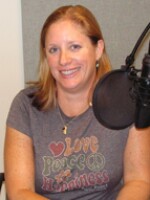As the spring semester sprints to an end, I find myself preparing to travel again. First, back to Germany with students to spend two weeks immersed in an ever-changing culture. The second group of students will be traveling to rural Puerto Rico to do a month long internship with WIU alumni as part of a Department of Education grant titled "Communities as Agents of Change".
I am excited for my own journey to Germany because I consider this place and its people home. But I am equally excited for our students to discover new ways of understanding the world, and perhaps new ways of feeling at home.
For the trip to Germany we will go through the passport control in Amsterdam allowing us access to all of the EU countries. One of the first questions I will be asked is “where are you from?”
For me this question becomes increasingly more difficult to answer year after year, because I feel at home in many places. I am at home in Macomb, IL and in rural mountain communities in India, the Dominican Republic, and Puerto Rico. And when recently asked where I would move to if there were no restrictions, without a moment’s hesitation I answered - Berlin.
So what is it that allows me to breathe easy in so many different places? What makes a place familiar for me is not the passport I hold or the languages I speak, but experiences and people I share them with.
In her 2015 TedTalk, writer and photographer Taiye Selasi, suggests rather than asking where are you from, the better question to ask is “Where am I local?”
I hold an American passport, but I have no relationship with the 50 states that make up this country. My relationship to the US is based on my connection to southern Ohio and now Macomb, IL. What she is suggesting is that who we are and where we feel at home is not necessarily based on our nationality, but on the three “r”s – rituals, relationships and restrictions.
So let’s start with rituals. On Monday, in between meetings I was looking at the Facebook and Instagram photos of my friend Ann Comerford. She recently traveled with her two college-age nephews to Paris. One photo in particular that she shared is composed of things most humans have experience with – a warm beverage and a piece of bread.
What made the photo beautiful to me was not the framing or lighting– although it was really well done - but rather the message that it conveyed. I knew she was in a place where savoring a cup of coffee and a croissant was a ritual that I had once shared with friends.

Mind you, I haven’t been to Paris in over three decades, but the experience of sitting at a small table savoring food resonates with me to this day. It was in a small café in Celle, Germany that an 18 year-old kid from southern Ohio learned to slowly drink a cup of coffee and linger over conversation.
This ritual of having “cafe und küchen” in the afternoon is one I try to replicate every day. In writing this I realized just how important this ritual is to me, since I have hundreds of photos of friends and family taking “cafe und küchen” in Bosnia; or a chai and paratha in Dharamshala; or a Black Cat Espresso at Intelligentsia in Chicago.
Wherever I go, I seek out places and rituals that bring me comfort and pleasure. If the Corner Restaurant in Frankfort, Ohio was still open, I would stop in there for a cup of very, bad coffee and the best pie in the world. You see it doesn’t matter if the coffee shop is the middle of chaotic Union Station or in the quiet back patio stoop of Doña Columbina’s house in the Dominican Republic - sitting and savoring food with loved ones is a ritual that is meaningful to me.
When we sit and savor food and drink we also have an opportunity to make meaningful connections to people, not just places. This brings me to the second “r” – relationships. When I think of those people, who as Taiye Selsai writes, “shape my days” many are not physically present in my life. They are my best friend from college, who lives on the east coast and my friends from grad school and Peace Corps who are scattered all over the world. These are people who are home to me because we share the same rituals and these rituals illuminate what we value most in life - our love of travel, our commitment to social justice and environmental issues, and our conviction in doing what is right not just for us, but for others we may never meet.
This brings me to the third “r” – restrictions. I am painfully aware that my friends and I face fewer restrictions than others do. The mere randomness of being born when and where I was, is a gift I do not take for granted.
Had I been born a girl child in the Democratic Republic of Congo, I would not be here right now. I am privileged to live in a place free from war, have had access to high quality education and health care, and am generally unburdened by the ugliness of racism. And as such, when I travel, especially as a teacher, I feel a responsibility to my students to help them begin to understand the inequities others face because of the arbitrariness of when and where they were born.
If I had never had an opportunity to travel into a different world than the one I knew, I am certain I would be more likely to respond to human differences with ignorance and hate rather than curiosity. This thing called life is a notoriously and gloriously messy affair and the more one travels, the more one understands we are more alike than we are different.
As Mark Twain wrote, “Broad, wholesome, charitable views of men and things cannot be acquired by vegetating in one little corner of the earth all of one’s lifetime.” Make the world your classroom and travel.
Heather McIlvaine-Newsad is a Professor of Anthropology at Western Illinois University.
The opinions expressed are not necessarily those of the university or Tri States Public Radio. Diverse viewpoints are welcomed and encouraged.








